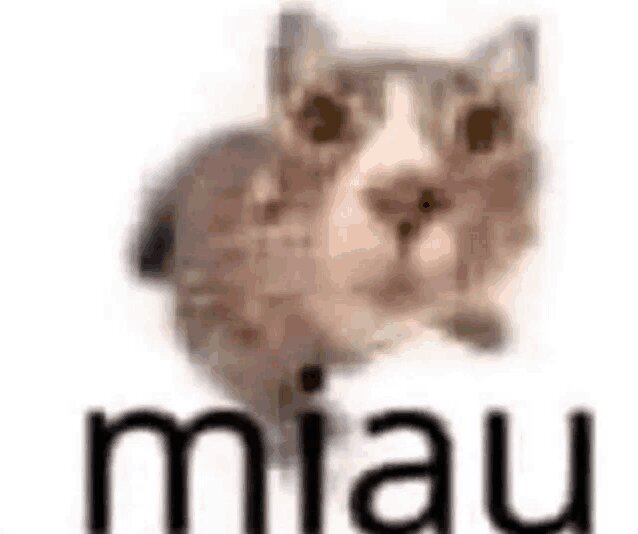1
2
3
4
5
6
7
8
9
10
11
12
13
14
15
16
17
18
19
20
21
22
23
24
25
26
27
28
29
30
31
32
33
34
35
36
37
38
39
40
41
42
43
44
45
46
47
48
49
50
51
52
53
54
55
56
57
58
59
60
61
62
63
64
65
66
67
68
69
70
71
72
73
74
75
76
77
78
79
80
81
82
83
84
85
86
87
|
#include <cs50.h>
#include <ctype.h>
#include <stdio.h>
#include <stdlib.h>
#include <string.h>
#include <math.h>
int main(int argc, char *argv[])
{
if (argc != 2) {
printf("Usage: ./recover infile\n");
return 1;
}
// Open input file
FILE *card = fopen(argv[1], "r");
if (card == NULL)
{
printf("Could not open %s.\n", infile);
return 1;
}
// create a buffer to store a block of data
uint8_t buffer[512];
int files = -1;
// int blocks = (int)ceil(sizeof(infile)/512.0);
while(fread(buffer, 1, 512, card) == 512)
{
// create new files from data
if (
buffer[0] == 0xff &&
buffer[1] == 0xd8 &&
buffer[2] == 0xff &&
buffer[3] >= 0xe0 &&
buffer[3] <= 0xef
)
{
// this is a jpeg, make a new file from it
files++;
char name[4];
sprintf(name, "%i%i%i", files / 100, (files / 10) % 10, (files % 10) % 10);
fopen()
}
}
/*
files = 0
for (file length)
{
if (first 3 bytes are 0xff 0xd8 0xff AND 4th byte is 0xe* (* denotes anything))
fread(ptr, )
{
this is a photo; remember the pointer (call it point)
int photolength = 0;
// look through the blocks ahead of this one for a new photo
for (file length left)
{
photolength++;
if (first 3 bytes are 0xff 0xd8 0xff AND 4th byte is 0xe* (* denotes anything))
{
// this is the photo length
break
}
}
filename = files.jpg
files++
Open output file with name (filename)
// make buffer space to store the data
uint32_t data[photolength][16];
// read the photo to data in blocks of 32 bits
fread(&data, sizeof(uint8_t), 16 * photolength, card);
// write the photo from data
fwrite(&data, sizeof(uint8_t), 16 * photolength, point);
// Close the photo file
// repeat this process for other photos
}
}
*/
fclose(card);
}
|
